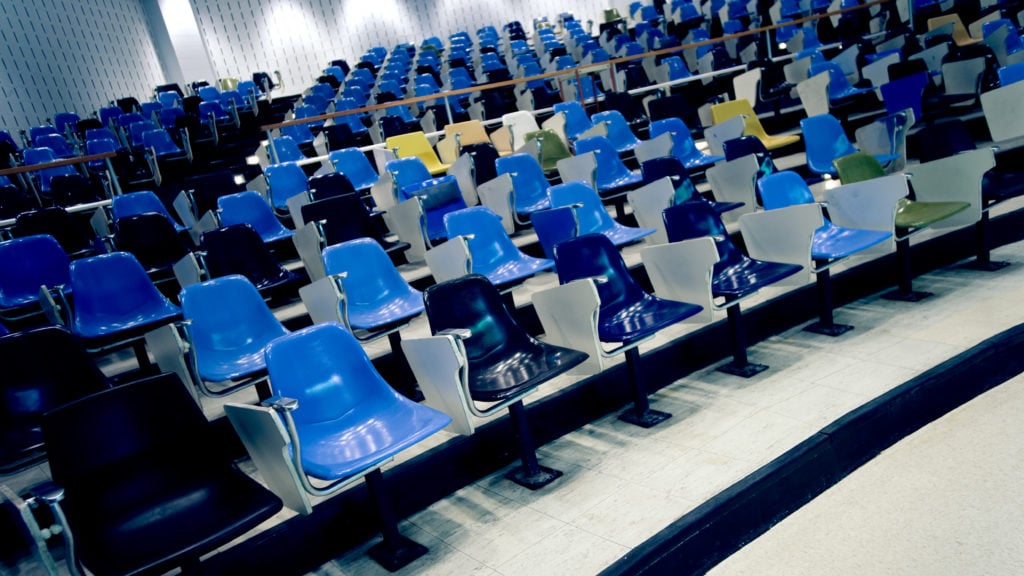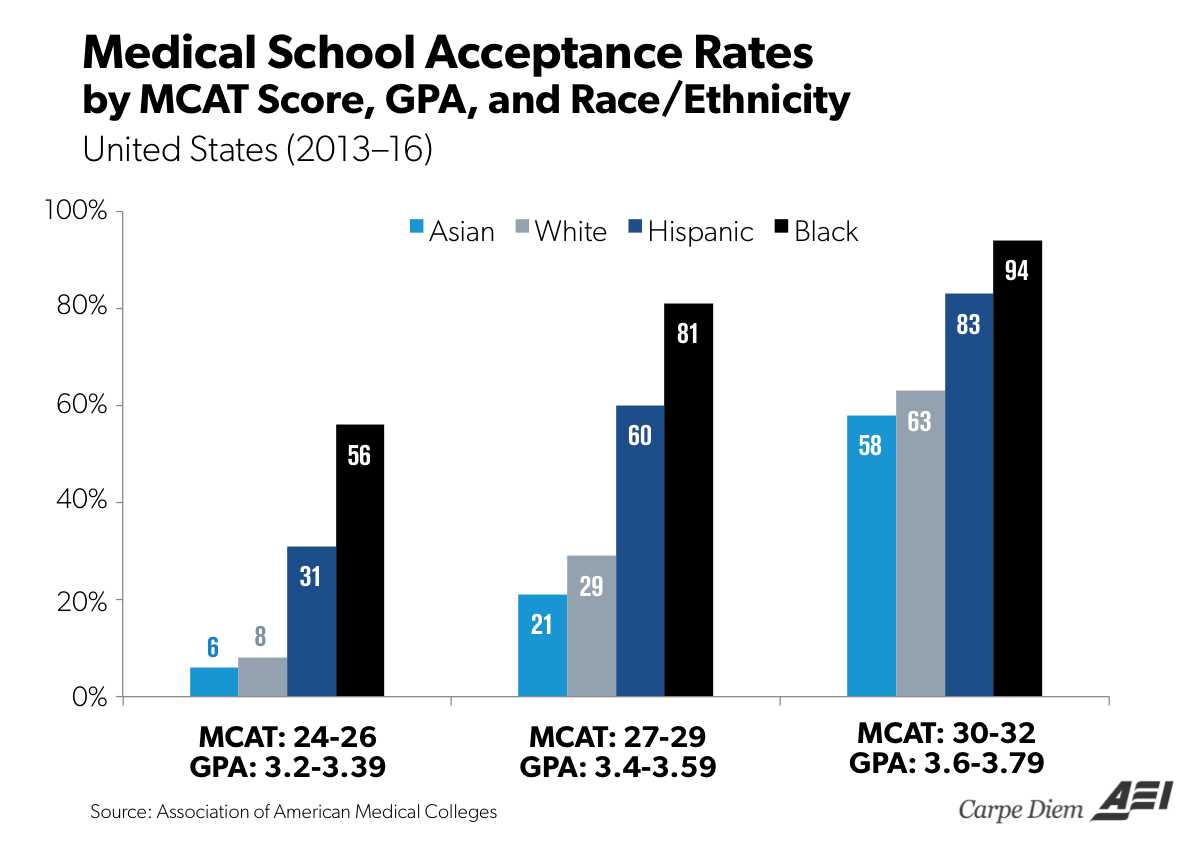I feel like you believe this for the right reasons, but you likely don’t know what the process was like prior to the NRMP. There were lots of underhanded deals struck. The programs almost always had the advantage. Take it or leave it deals were offered. Candidates rarely got to see what other programs had to offer. Decisions were frequently made very early in the process. Even as early as third year of medical school (or earlier). The pressure was on the candidate to accept early or risk being taken off of the program’s list. It may seem like a panacea, but for many candidates, it was the peak of loss of control and loss of choices. Great candidates were often never seen by anyone else other than their home program. Candidates without a home program were often left out of the process and had few options. Imagine committing to your terrible home program early in your third year because you feared you may not have any other options…before you even realized it is a terrible program.
Certainly, your method would be advantageous for someone who had strong reasons for staying out at their home program and they are a great candidate. Both sides win in that scenario. But that scenario can also still be addressed in the NRMP system, admittedly, at increased cost. The hybrid system you mentioned seems reasonable at first glance, but the administration of such a system would be a logistical nightmare.
I guess I would just warn that we should be careful what we wish for. The other method has been done in the past and definitely had a bunch of problems. The inherent unfairness is what led to the creation of the NRMP.
I think the new signaling system will be a way to keep people from applying to one hundred or more programs. Because, stats will show that programs rarely invite someone who did not signal them. In our specialty, by not signaling the program, you have automatically told them that they are not in your top 15 programs to consider. Since most candidates don’t do 15 interviews or go down to number 15 on their rank list, it should cause a reset of how candidates apply to programs and steadily bring the numbers down to more reasonable levels like they used to be.
Just my opinion. I will admit, I’m no fan of the heavy handed NRMP, but I do think it serves a purpose in this very difficult process. It’s not perfect, but neither was the system in place prior to creation of the NRMP.




